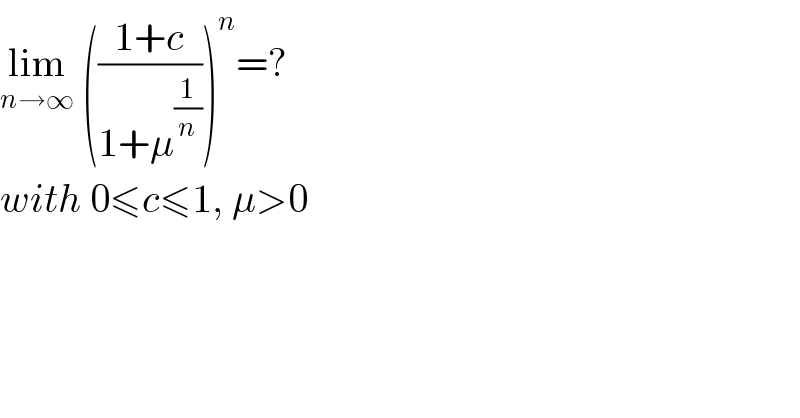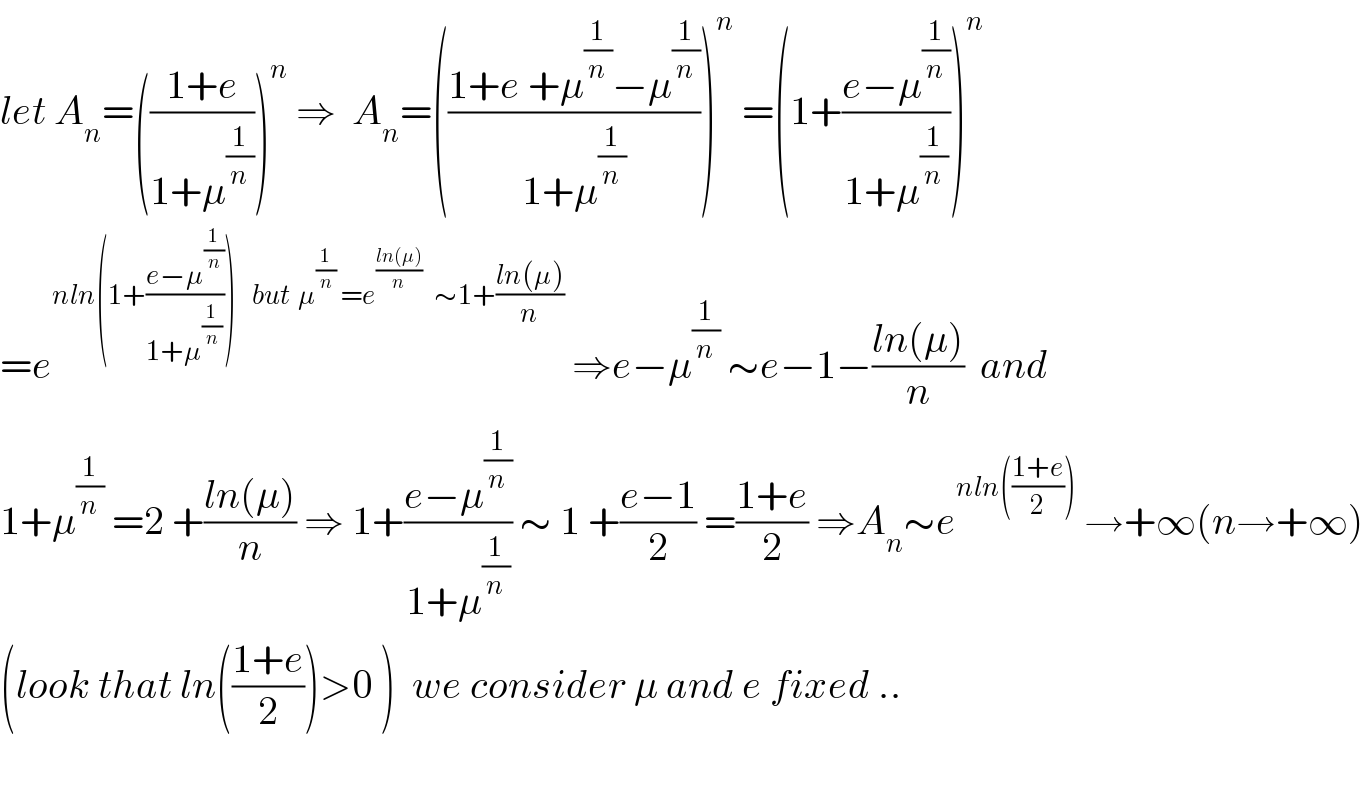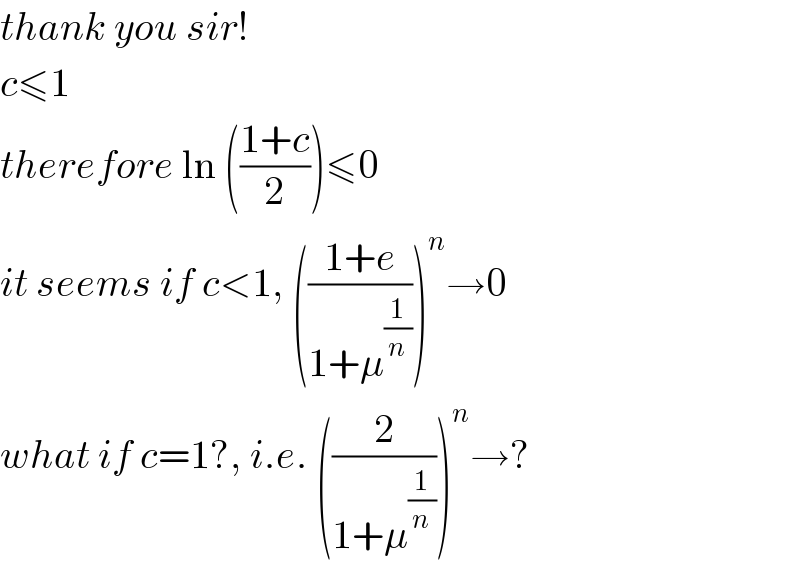
Question and Answers Forum
Question Number 54566 by mr W last updated on 06/Feb/19

Commented bymaxmathsup by imad last updated on 06/Feb/19

Commented bymr W last updated on 06/Feb/19

Commented bymaxmathsup by imad last updated on 06/Feb/19

| ||
Question and Answers Forum | ||
Question Number 54566 by mr W last updated on 06/Feb/19 | ||
 | ||
Commented bymaxmathsup by imad last updated on 06/Feb/19 | ||
 | ||
Commented bymr W last updated on 06/Feb/19 | ||
 | ||
Commented bymaxmathsup by imad last updated on 06/Feb/19 | ||
 | ||